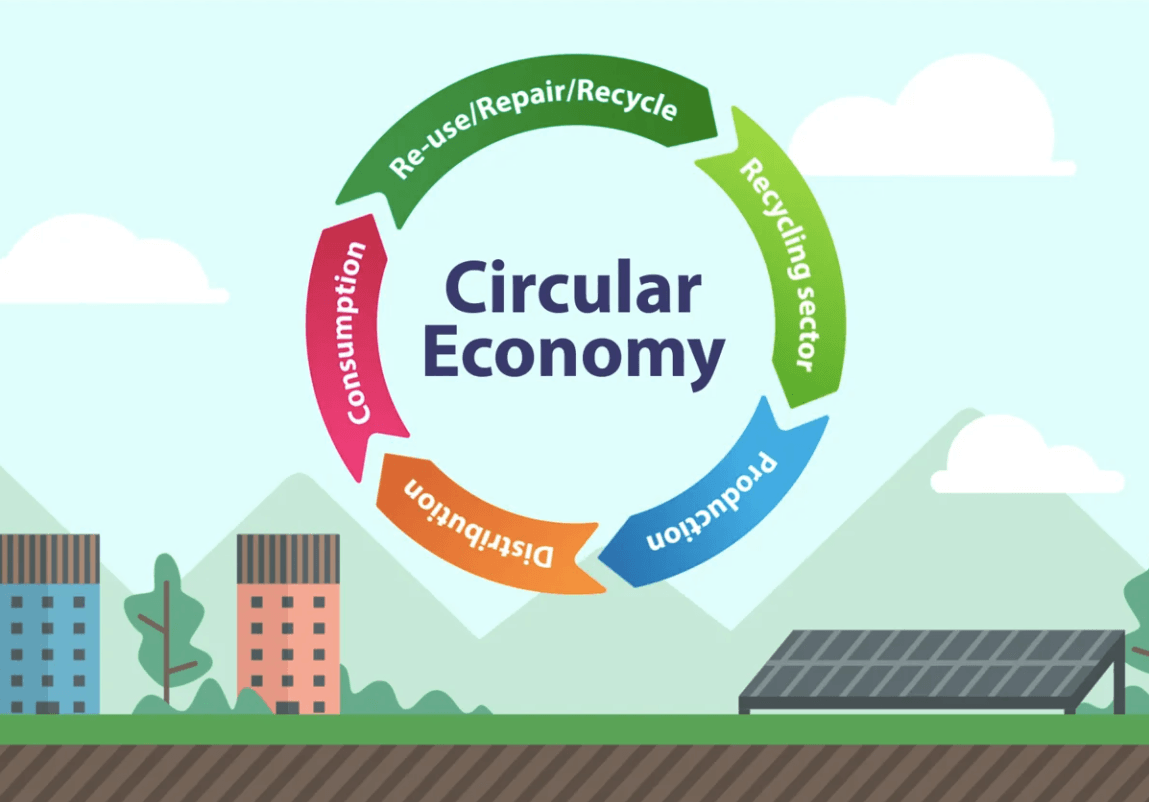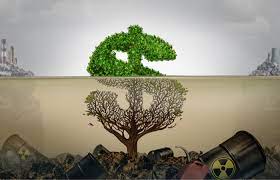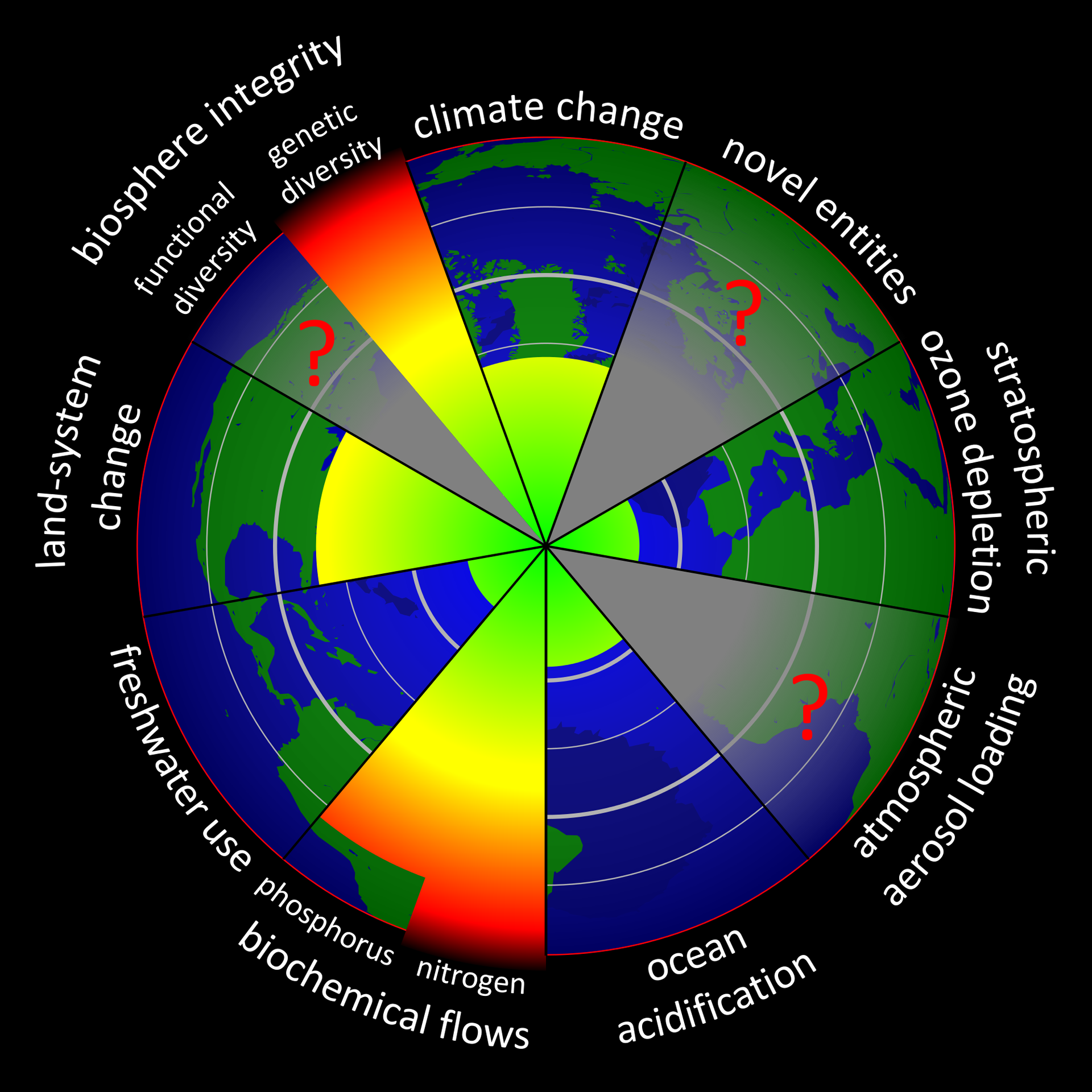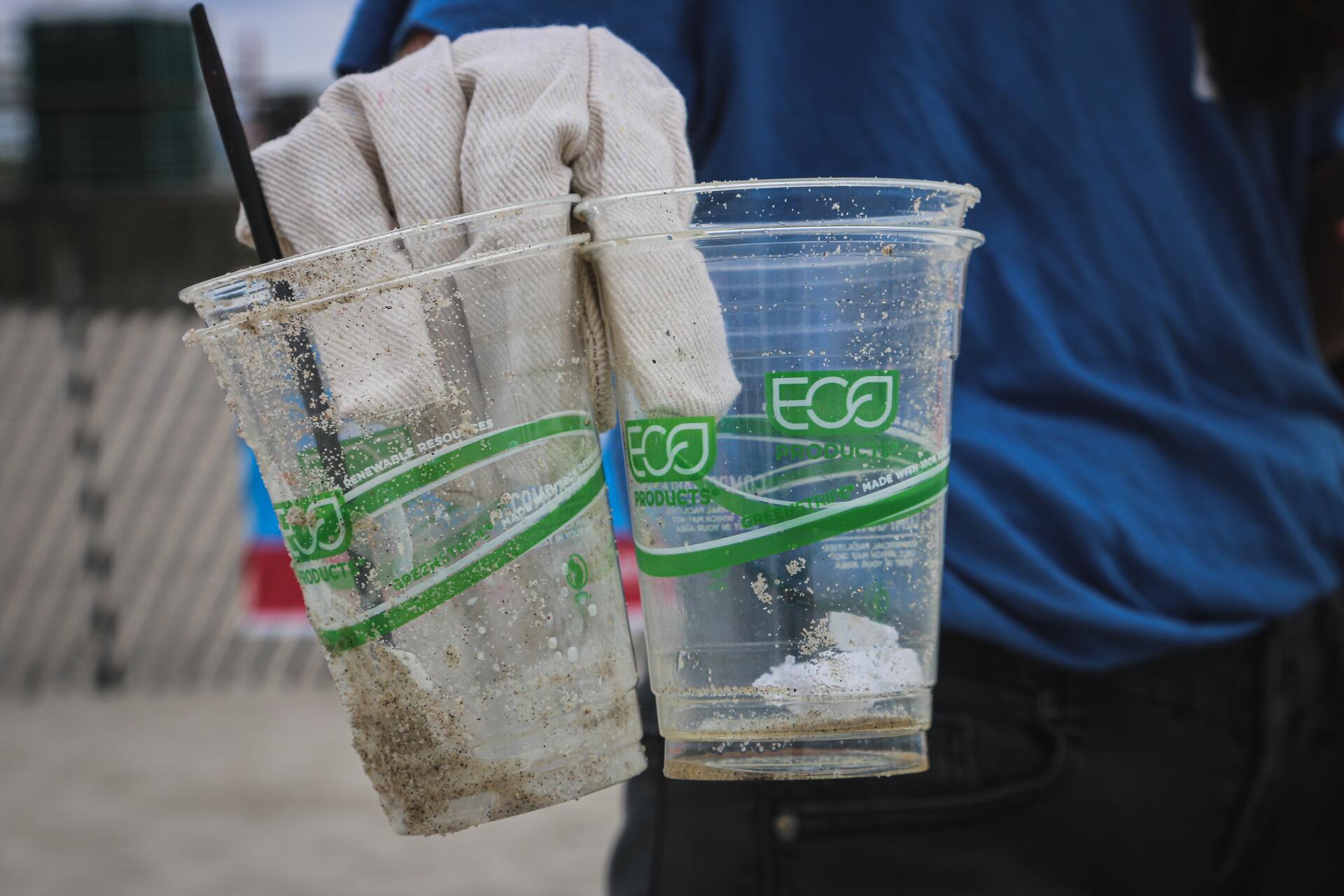What is the true definition of purpose-driven business?
What is the true definition of purpose-driven business?

The original blog was published here by Maria Soleil
Purpose-led, purpose-driven, brand purpose, purpose marketing: these are the corporate phrases of 2022. The word purpose is now used so much in a business context, it's almost in danger of becoming a cliché.
What does 'purpose-driven' actually mean? Here we attempt to state its true definition, using credible sources and examples of businesses who are leading the way.
Defining purpose-driven business
The Cambridge Dictionary defines purpose as: (Noun) ‘Why you do something or why something exists.’
A lot businesses will say they exist to make money, but that is the definition of business ('the activity of buying and selling goods and services').
A lot of brands will take it one stage further and say their core purpose is to improve the lives of their customers. For example, the world's number one tourism business, TUI Group, says: "we create unforgettable moments for customers across the world and make their dreams come true."
Purpose-driven businesses take the meaning of purpose to the next level. Their focus is on benefitting wider social or environmental causes, not just on making money by wowing consumers.
The most succinct definition we have come across is by Professor Colin Mayer. He says a purpose-driven business is one that aspires “to produce profitable solutions to the problems of people and planet, and not to profit from producing problems for people or planet.”
A perfect illustration of Mayer's definition is outdoor clothing and equipment brand Patagonia. Widely cited as a shining light in the purpose driven business movement, their mission statement says: "We're in business to save our home planet." They explain how they do this through their core values.
Patagonia lives and breathes its purpose every day. From how they source their materials, to how they recruit and retain staff, spend their profits and to how they run marketing campaigns.
To be an authentic purpose-driven business, you have to structure your business from the ground up to make a positive impact in every aspect. Paying lip service to purpose (purpose-washing) is not the way forward.
“Purpose is about losing yourself— in something bigger than you. It is about wanting to make a difference and do for others—to help, to give, to serve. It is the legacy you are going to leave behind.”
— Hayley Leibson

Similar terms for purpose-driven
You'll see lots of terms used which all broadly derive from the same concept - that is businesses who want to reduce their negative impact on the world, and increase their positive impact. Some of these terms have specific definitions, so I’d recommend following the links to learn more details.
- For-benefit
- Conscious capitalism
- Business for good
- Regenerative business
- Sustainable marketing
- Ethical business
Types of purpose-driven businesses
B Corps
The B Corp movement started in 2006 after three US businessmen - Jay Coen Gilbert, Bart Houlahan and Andrew Kassoy - set up B Lab to make it easier for mission-driven companies to protect and improve their positive impact over time.
Certified B Corporations are businesses that "meet the highest standards of verified social and environmental performance, public transparency, and legal accountability to balance profit and purpose". The B Corp governance philosophy that means all stakeholders have to be considered when directors and CEOs make decisions, as well as many other requirements.
Five years ago, there were 1700 certified B Corps in 50 countries. Now, there are more than 4,000 in over 70 countries, with thousands more in the application process. This group includes some of the world's most famous brands such as Ben & Jerry's, Innocent Drinks and Patagonia.
It's no surprise that the number of companies interested in gaining B Corp Certification has surged in the last 2 years. With the major reset that came with the start of the pandemic in 2020, more and more businesses are realising that they can't wait any longer to turn their focus to positive impact, over profit.
Social enterprises (including CICs)
A social enterprise is defined by the UK Government as “a business with primarily social objectives whose surpluses are principally reinvested for that purpose in the business or in the community, rather than being driven by the need to maximise profit for shareholders and owners".
Their core purpose is about pursuing a social or environmental mission, and it is estimated that in the UK alone there are more than 70,000 social enterprises, contributing over £24 billion to our economy.
The Co-op and Big Issue are two household name social enterprises who do an extensive amount of good work to benefit society.
Charities
Charities share the values of social enterprises, because they have purpose and impact at heart.
The way they are funded determines their legal status. If they're only funded by donations and grants, they would have to change their business model to apply for legal definition as a social enterprise. If they sell goods and services - for example, housing associations - the process is easier.
With more than 185,000 charities in the UK, it's no surprise that they contribute a significant amount of value to the economy and society, both directly and indirectly.
Ethical businesses
Ethical businesses have no legal definition, but aim to reduce their impact as much as possible on the environment or society. Soleil Marketing is run in this way, with the extra intention of making an indirect positive impact by helping purpose-driven businesses.
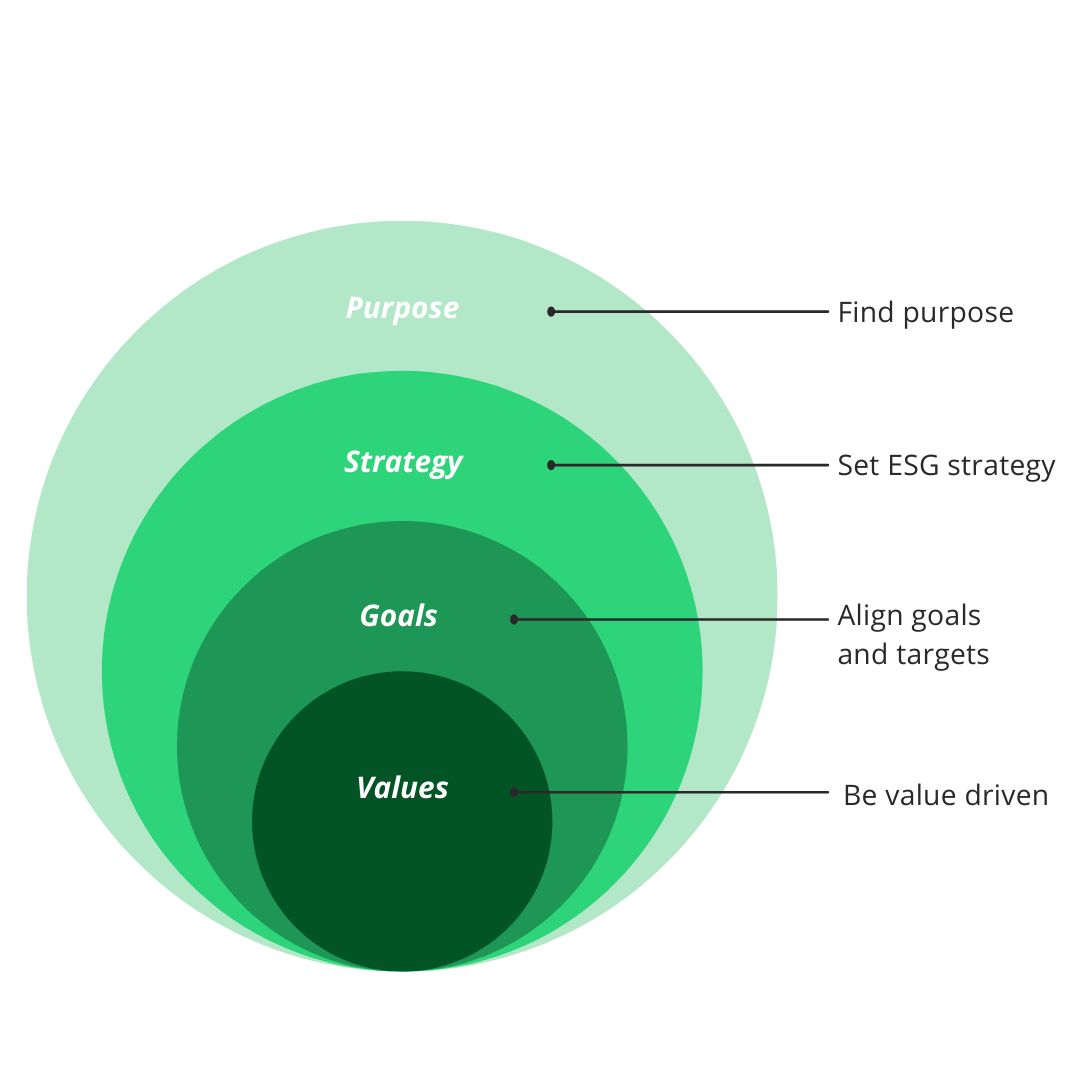
Purpose-driven business vs. purpose-driven marketing
These two terms often get used interchangeably. I'll visit this topic in more detail in another blog, but as I’ve shown above, purpose-driven business is about how you structure and run your business from the ground up. Purpose-driven marketing is about how you use purpose to sell your products. This article is a good starting point to understand the importance of knowing the difference.
“Purpose-driven companies witness higher market share gains and grow on average three times faster than their competitors, all the while achieving higher employee and customer satisfaction. ”
— Jim Stengel Co., 2019


